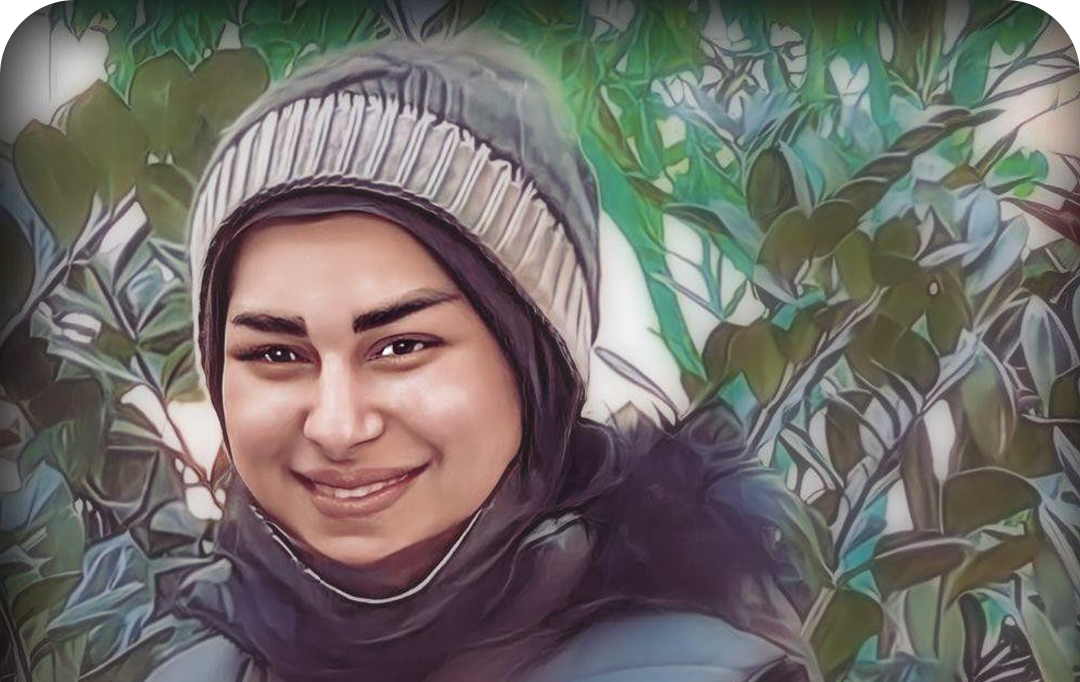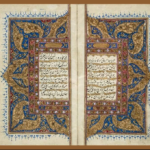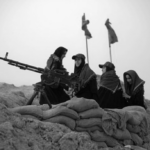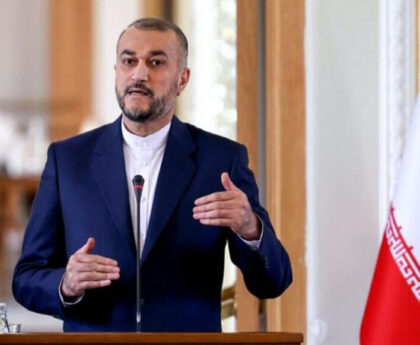Honour Killing in Iran
Honour killing is a highly controversial and unfortunate practice that still occurs Iran, as well as in other countries around the world. Honour killing is a form of violence that is typically committed against women by family members, usually males who believe that the woman has brought shame or dishonour upon the family or community. This dishonour can come from things like having premarital sex, dressing immodestly, sexual orientation, or even just talking to a man who is not a family member.
Probably one of the most heartbreaking cases of honour killing in Iran occurred in 2020, when a 14-year-old girl named Romina Ashrafi was beheaded by her father in a so-called “honour” killing after she ran away from home to marry her boyfriend. The shocking incident sparked protests across Iran and renewed calls for the government to take action to prevent such violence.

The concept of “family honour” has been a longstanding tradition in Iranian families that has been passed down through generations. However, in recent decades, there has been a disturbing increase of violence against women and minority communities in the form of honour killings. While the exact origins of this practice are unclear, it has been preserved over time through a combination of social, cultural, and religious factors. In Iran, this practice has been particularly prevalent since the Islamic Revolution of 1979, with the Islamic government’s emphasis on traditional values and the family unit creating an environment in which “honour killings” have been justified as a means of protecting a family’s reputation.
Mona Heydari, a 17-year-old Iranian woman, was another victim of honour killing, who was killed in 2022. Sajjad Heydari, Mona’s abusive husband, paraded her severed head in the streets of Ahvaz, in what appeared to be an attempt to prove his honour. Shocking footage of the incident was posted online, showing Heydari walking through the streets with the head in his hand and a smile on his face. This gruesome act is a clear example of the extreme violence and brutality that can be involved in honour killings. The fact that Heydari felt justified in murdering his wife and then displaying her head in public, shows how deeply ingrained the belief in honour is in some communities.

Another high-profile case of honour killing in Iran is the murder of Soraya Manutchehri. Soraya was a 35-year-old Iran woman who lived in a small village in northern Iran. In 1986, Soraya’s husband, Ali, accused her of committing adultery. Despite Soraya’s protests of innocence and denial of the affair, the village’s male elders found her guilty and sentences her to death by stoning. The story of Soraya’s stoning gained international attention following the publication of a book titled “The Stoning of Soraya M”. The book was later adapted into a filme of the same name, which further brought attention to the issue of honour killings in Iran and around the world.
While honour killings in Iran are often related to women, it is important to note that they are not limited to female victims. Members of the LGBTQ+ community in Iran are also at risk of honour-based violence. Under Iran’s Islamic laws, same-sex relationships are illegal and can be punishable by death. This means that LGBTQ+ individuals in Iran often face significant discrimination and violence, including from their own families. One of the tragic cases of such is related to Alireza Monfared. Monfared was a 20-year-old gay Iranian man, who was brutally behead by his male relatives in 2021, just days before he was set to fly to Turkey to be with his boyfriend.

The cases of Romina, Mona, Soraya, and Alireza are just a few examples of the pervasive violence and discrimination faced by women and minority communities in Iran. These individuals, like many others, were subjected to violence and abuse due to strict gender norms, patriarchal attitudes, and laws that often favour perpetrators of violence.
To date, there are no reliable statistics on the number of honour killings in Iran, as these crimes often go unreported, and many victims’ families may not want to press charges against their relatives. However, according to medical journal the Lancet published in 2020, at least 8,000 honour killings took place in Iran between 2010 and 2014, but only a few were reported.
According to Sharia Law, only the immediate family members (also known as the “blood owners”) of the victim can decide whether or not to seek severe punishment for the perpetrator of an honour killing. Unfortunately, this often results in these crimes going unpunished because families may not want to seek harsh sentences for one of their own. Sometimes, the victim’s family may even pressure the authorities to reduce the charges or drop the case altogether.
It’s rare for the perpetrator of an honour killing to face the death penalty. They usually receive lighter sentences or are able to escape justice entirely. This creates a situation where these crimes are often committed with impunity. As a result, discrimination, harassment, and violence against women and minority communities continue to be significant issues in Iran, and much work remains to be done to ensure that all individuals are able to live free from fear and violence.
Resources:





